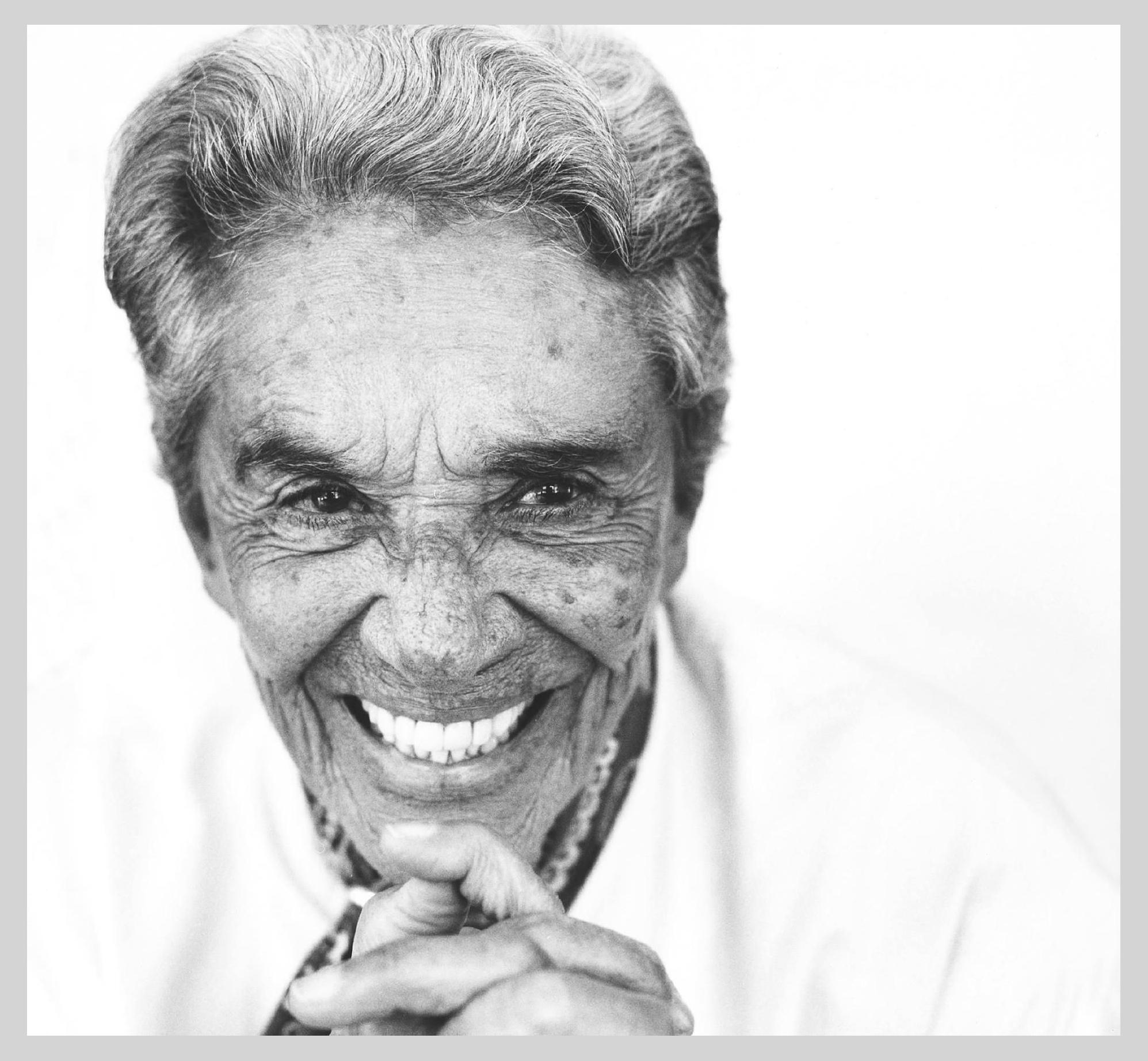 Chavela Vargas
Chavela Vargas
Chavela Vargas: The Voice of La Llorona
In the realm of Mexican music, few voices have reverberated with the raw emotion and haunting power of Chavela Vargas. Born Isabel Vargas Lizano in Costa Rica, she emerged as a legendary figure known for her passionate renditions of traditional songs, particularly the timeless classic "La Llorona."
Humble Beginnings and Personal Struggles
Vargas' journey was marked by adversity from the start. Raised in a conservative family, she faced disapproval for her unconventional love of music. Undeterred, she pursued her dreams, honing her vocal skills in small clubs and cantinas. Her personal life was tumultuous, with struggles with alcohol and drug addiction. However, these challenges only deepened the intensity of her performances.
Controversies and Triumphs
Throughout her career, Vargas faced both controversy and acclaim. Her bold, androgynous style, which included wearing pants and smoking cigars, defied societal norms. Her outspoken nature and political views also drew attention and criticism. Yet, amidst the controversies, her artistry shone through, captivating audiences with her raw emotion and undeniable talent.
Musical Legacy
Vargas' discography is a testament to her enduring legacy. Her most famous album, "La Grande Dama del Bolero," released in 1961, cemented her status as a legendary performer. Her distinctive voice and evocative renditions of songs like "La Llorona," "Macorina," and "El Último Trago" became synonymous with Mexican music.
Members and Collaborations
Vargas' band consisted of a rotating cast of talented musicians who supported her powerful vocals. Among her most notable collaborators were:
* José Alfredo Jiménez: Acclaimed singer-songwriter who penned many of Vargas' iconic songs.
* Federico Baena: Guitarist and arranger who helped shape Vargas' distinctive sound.
* Toto La Momposina: Colombian singer and percussionist who brought Afro-Caribbean rhythms to Vargas' performances.
Cultural Impact
Chavela Vargas' music transcended borders and generations. Her songs resonated with audiences worldwide, becoming anthems of love, loss, and resilience. She inspired countless artists, from Joan Baez to David Bowie, who praised her powerful and emotive voice.
Legacy and Influence
Today, Chavela Vargas remains an icon of Mexican culture. Her music continues to captivate audiences, and her fearless spirit and unwavering passion serve as an inspiration to artists and individuals alike. Her legacy as "La Llorona" endures, forever entwined with the haunting melodies and timeless lyrics of one of Mexico's most beloved songs.
In the realm of Mexican music, few voices have reverberated with the raw emotion and haunting power of Chavela Vargas. Born Isabel Vargas Lizano in Costa Rica, she emerged as a legendary figure known for her passionate renditions of traditional songs, particularly the timeless classic "La Llorona."
Humble Beginnings and Personal Struggles
Vargas' journey was marked by adversity from the start. Raised in a conservative family, she faced disapproval for her unconventional love of music. Undeterred, she pursued her dreams, honing her vocal skills in small clubs and cantinas. Her personal life was tumultuous, with struggles with alcohol and drug addiction. However, these challenges only deepened the intensity of her performances.
Controversies and Triumphs
Throughout her career, Vargas faced both controversy and acclaim. Her bold, androgynous style, which included wearing pants and smoking cigars, defied societal norms. Her outspoken nature and political views also drew attention and criticism. Yet, amidst the controversies, her artistry shone through, captivating audiences with her raw emotion and undeniable talent.
Musical Legacy
Vargas' discography is a testament to her enduring legacy. Her most famous album, "La Grande Dama del Bolero," released in 1961, cemented her status as a legendary performer. Her distinctive voice and evocative renditions of songs like "La Llorona," "Macorina," and "El Último Trago" became synonymous with Mexican music.
Members and Collaborations
Vargas' band consisted of a rotating cast of talented musicians who supported her powerful vocals. Among her most notable collaborators were:
* José Alfredo Jiménez: Acclaimed singer-songwriter who penned many of Vargas' iconic songs.
* Federico Baena: Guitarist and arranger who helped shape Vargas' distinctive sound.
* Toto La Momposina: Colombian singer and percussionist who brought Afro-Caribbean rhythms to Vargas' performances.
Cultural Impact
Chavela Vargas' music transcended borders and generations. Her songs resonated with audiences worldwide, becoming anthems of love, loss, and resilience. She inspired countless artists, from Joan Baez to David Bowie, who praised her powerful and emotive voice.
Legacy and Influence
Today, Chavela Vargas remains an icon of Mexican culture. Her music continues to captivate audiences, and her fearless spirit and unwavering passion serve as an inspiration to artists and individuals alike. Her legacy as "La Llorona" endures, forever entwined with the haunting melodies and timeless lyrics of one of Mexico's most beloved songs.